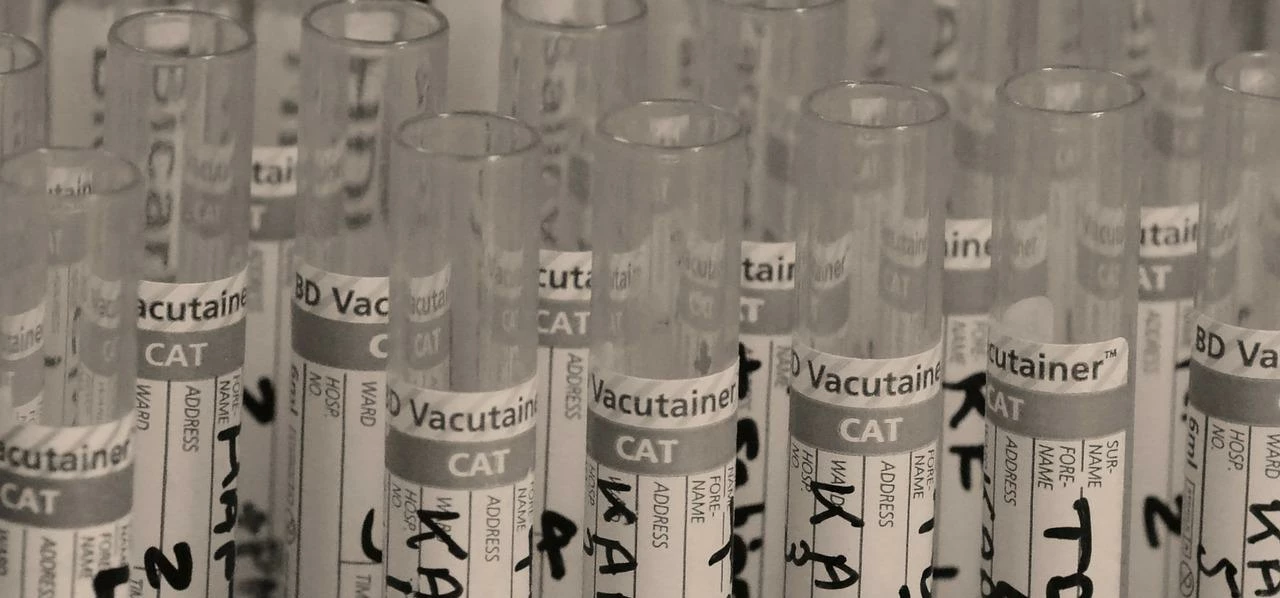
Partner Article
Should drug and alcohol testing be a consideration for every employer?
Drug and alcohol testing in the workplace is commonplace in the US but in recent years we have seen a sharp increase of the tests taking place in UK workplaces.
The UK’s biggest testing provider reported an increase of 40% in the number of screenings from 2011-2014, delivering 2.5m tests. It is clear that despite there being no legal requirement employers from an increasingly diverse range of sectors are beginning to test employees.
So what do organisations need to consider before implementing drug and alcohol testing?
What is the right policy?
The first step is ensuring that your organisation has established written policies on drugs and alcohol that are clear and communicated to all employees.
A sensible line needs to be drawn by employers in dealing with instances of drug and alcohol use in order to prevent abuse of a policy. Therefore it may be sensible to for employers to have an “open door” policy whereby they will offer support and rehabilitation to employees who declare a problem upfront rather than when they are caught out by a positive result.
It is vital that drug and alcohol policies protect both the employee and employer by letting them know what the expectations are, the processes and the firm’s standards on the subject.
Zero-tolerance policy?
Different companies take very different approaches to the issue, for obvious reasons: some organisations need to take a zero tolerance approach, while others need to develop a more nuanced policy. For example, an airline needs 100% assurance that its crew is not under the influence or alcohol or drugs. And there are many other industries operating a mandatory policy on testing in safety-critical environments.
Is it a deterrent?
There has been conflicting evidence about whether drug testing at work acts as a deterrent. The drug and alcohol testing company Concateno (now Alere Toxicology) reported in a 2012 article that they had seen a dramatic fall in positive drug test results in the utilities sector over a seven year period - from 15% to the current industry rate of about 4.3% - suggesting that testing as a deterrent works. However a 2004 Independent Inquiry into Drug Testing at Work found that there was no clear evidence that drug testing at work had a significant deterrent effect.
Disciplinary or health issue?
Fourteen years ago Portugal made the decision to treat drug possession as a health issue rather than criminal and directing users to health programmes. The recently commissioned Home Office report on international drug laws found there had been ‘considerable’ improvement in the health of drug users with drug use falling in Portugal since 2001.
There is a strong argument that we would see similar results in the workplace by dealing with it as a health issue rather than a purely disciplinary issue.
Above all, the fundamental principle is to remove the stigma surrounding drug and alcohol abuse. Organisations that take a health rather than disciplinary-led stance stand to gain more by supporting the employee through rehabilitation programmes. Tackling the issue requires commitment from both the employer and employee through an agreed contract that sets out clear expectations of the support and commitment required from both parties. Regular occupational health meetings and random testing are two ways to support employees going forward.
The safety of both the employee and organisation must be at the forefront of support offered to the employee when entering into a contract.
Taking a step back and supporting an employee rather than the knee jerk reaction of dismissing an employee is something that organisations should consider.
Darren Maw - Managing Director of employment law and HR firm Vista
This was posted in Bdaily's Members' News section by Darren Maw .
Enjoy the read? Get Bdaily delivered.
Sign up to receive our popular morning National email for free.








 The real cost of tendering for construction SMEs
The real cost of tendering for construction SMEs
 A welcome step forward – but let’s keep pushing
A welcome step forward – but let’s keep pushing
 Industrial strategy 'can drive business forward'
Industrial strategy 'can drive business forward'
 Industrial strategy 'can be game-changer we need'
Industrial strategy 'can be game-changer we need'
 Driving skills forward with near £100,000 boost
Driving skills forward with near £100,000 boost
 What pension rule changes could mean for you
What pension rule changes could mean for you
 North East can't be an afterthought in AI future
North East can't be an afterthought in AI future
 Understanding the impact of the Procurement Act
Understanding the impact of the Procurement Act
 Is the UK losing ground in life sciences investment?
Is the UK losing ground in life sciences investment?
 Construction workforce growth can't be a quick fix
Construction workforce growth can't be a quick fix
 Why it is time to give care work a makeover
Why it is time to give care work a makeover
 B Corp is a commitment, not a one-time win
B Corp is a commitment, not a one-time win